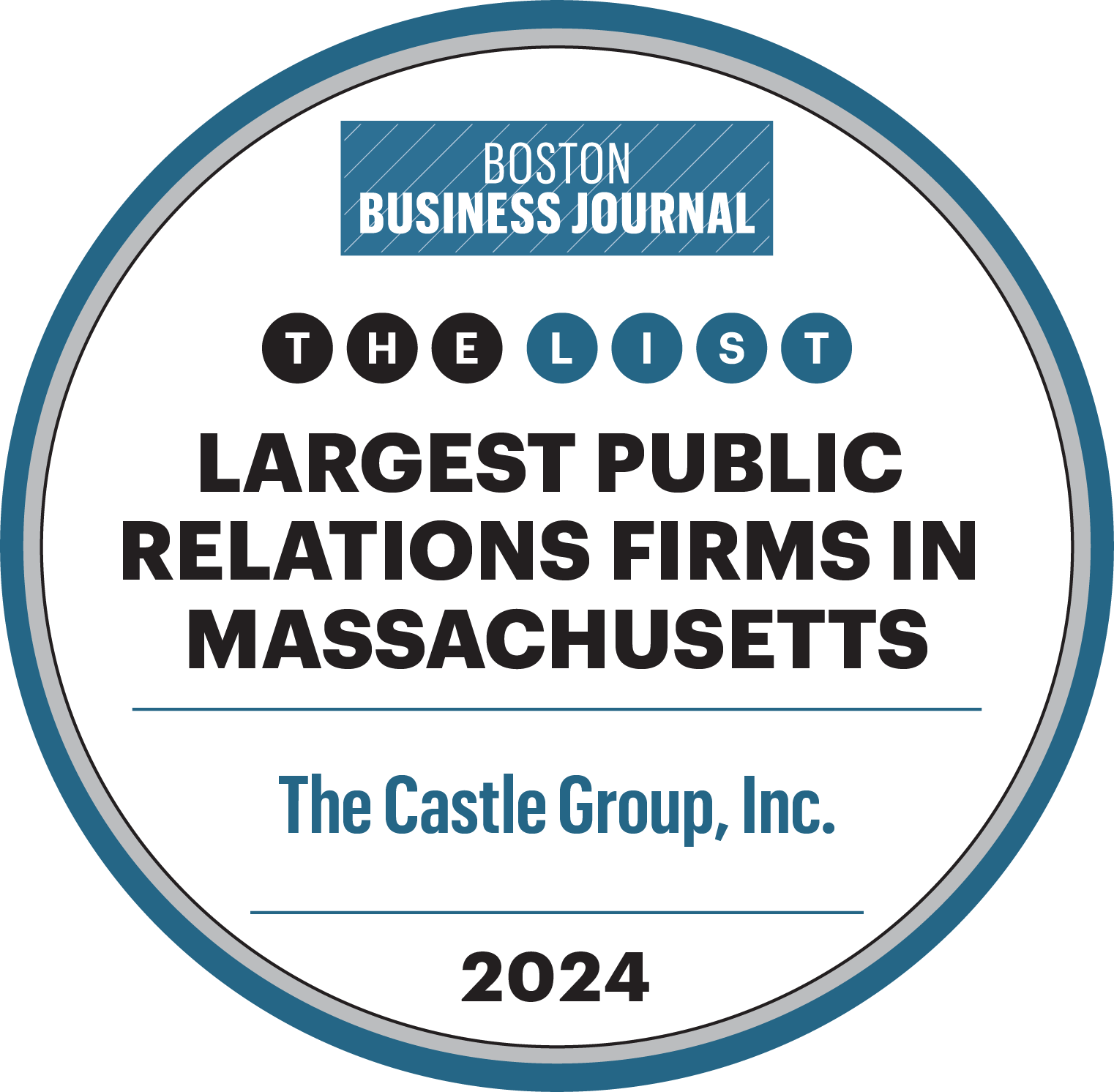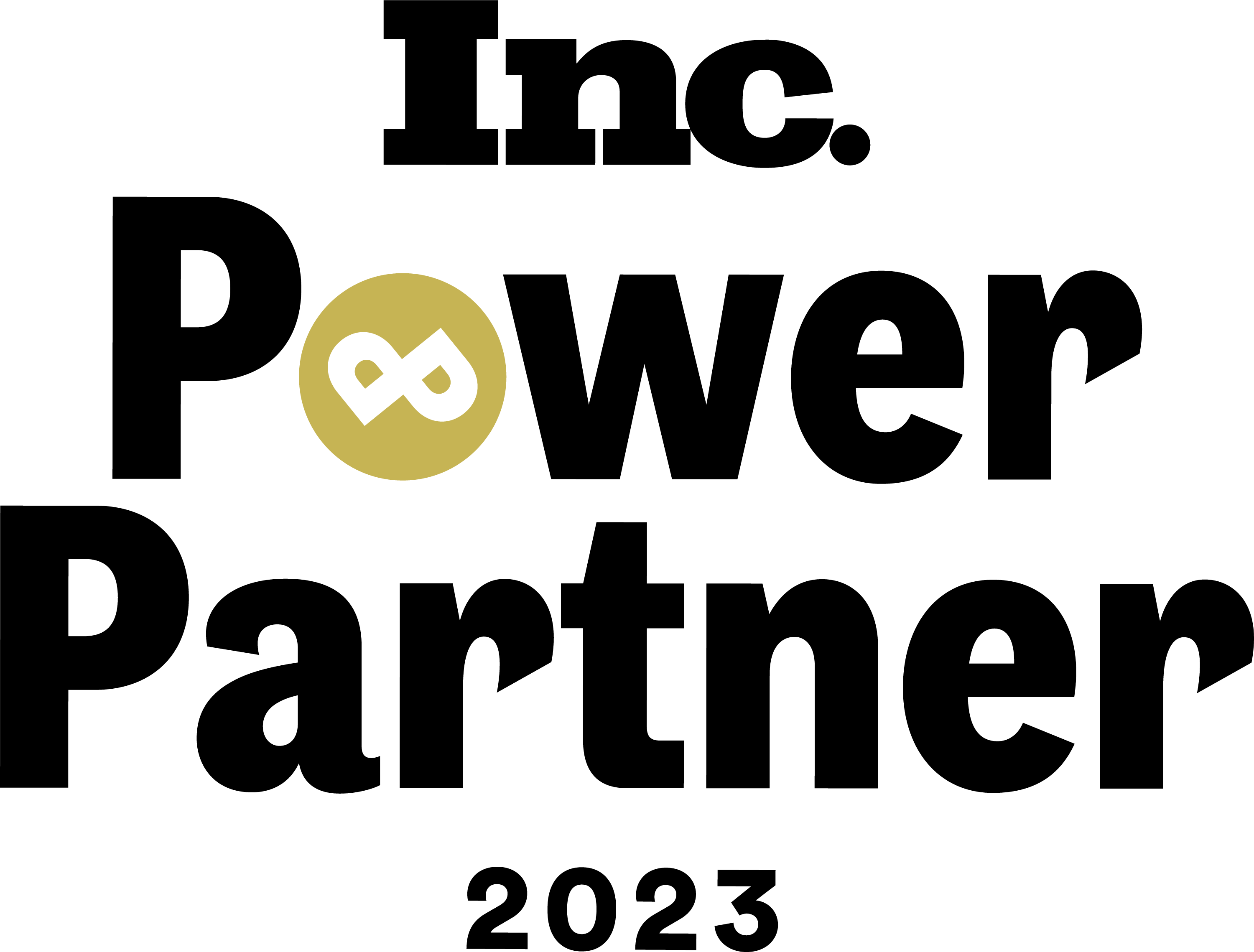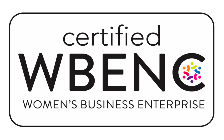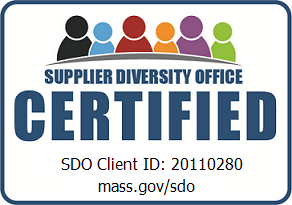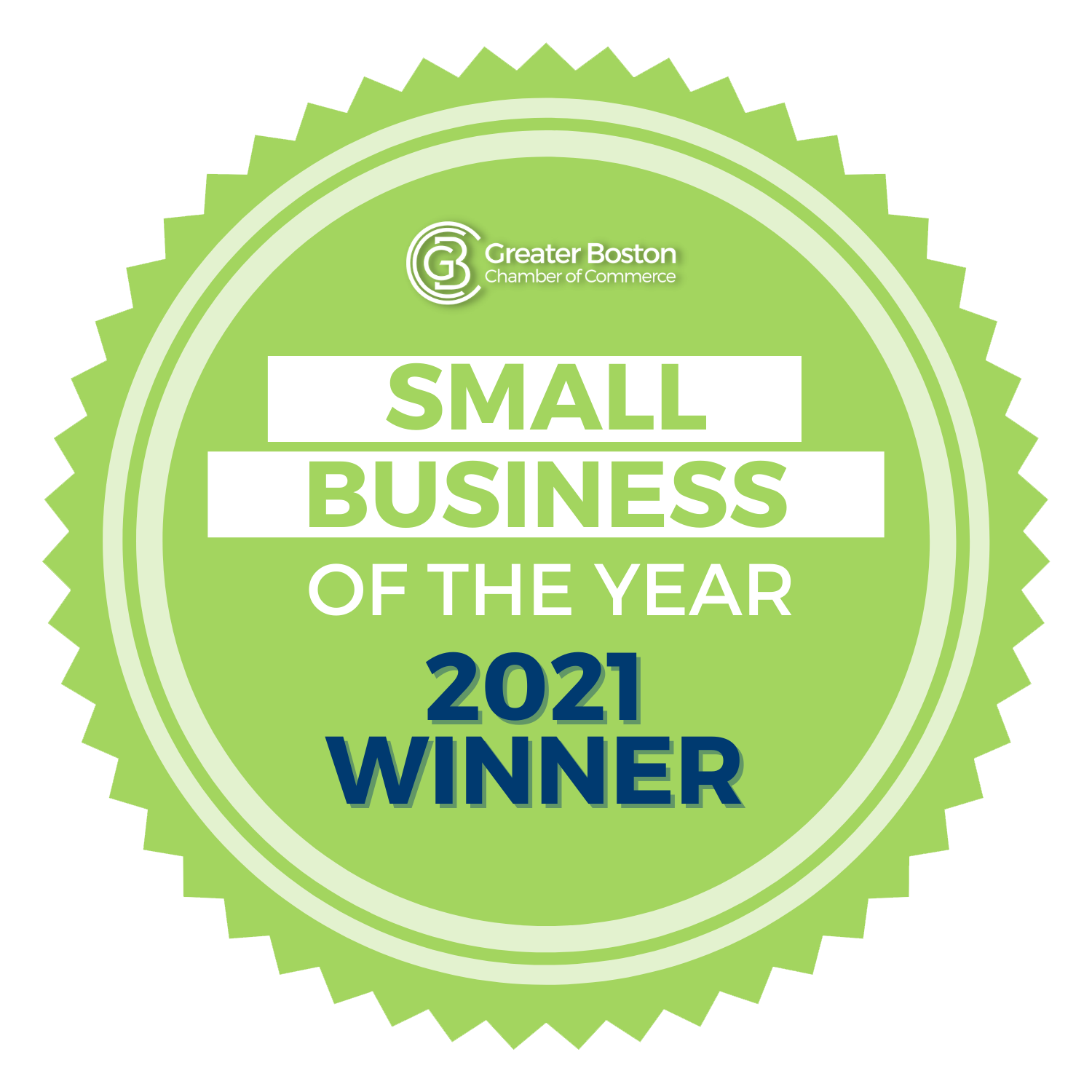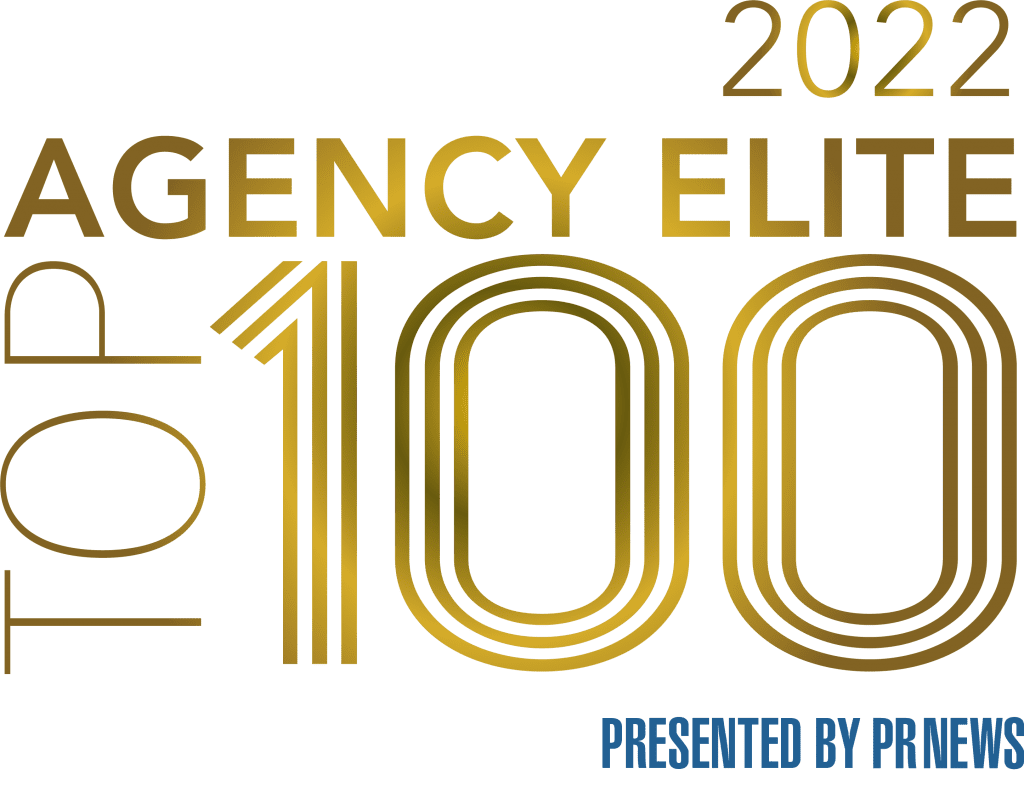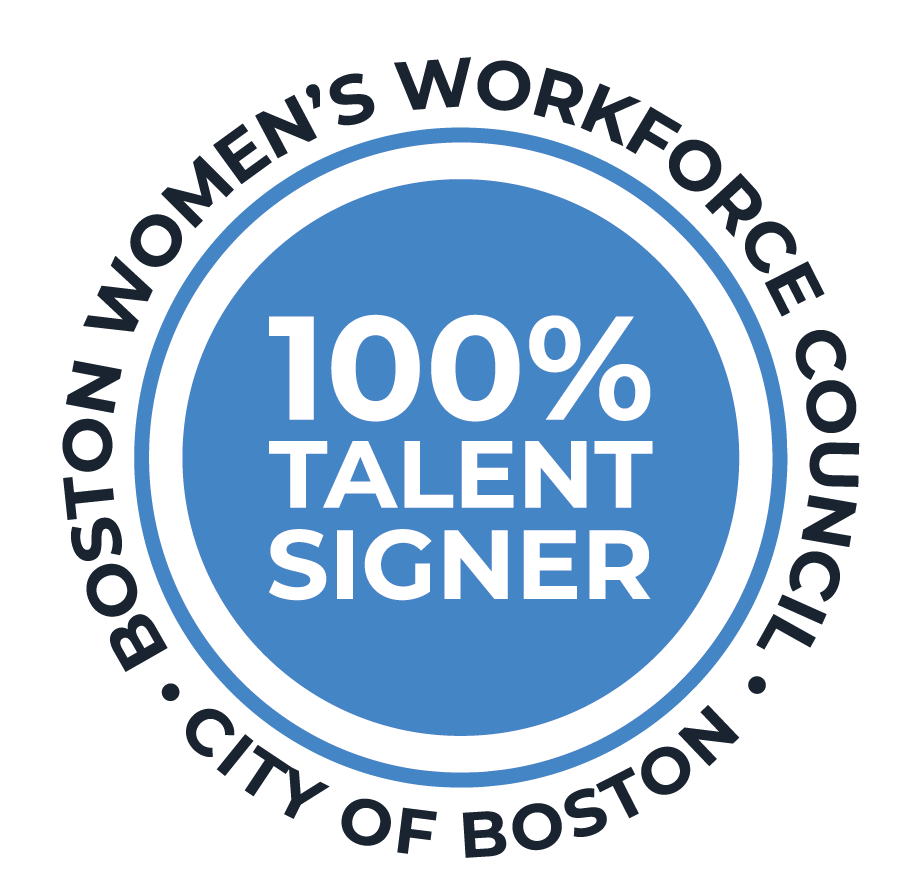What are social media channels?
Social media channels enable the creation, sharing, and exchange of content across billions of devices for billions of people. Today’s social media platforms are a far cry from the basic HTML-coded Myspace pages of the early 00’s.
Established players like Facebook, LinkedIn, Twitter (X), and YouTube have survived decades and changed the shape of advertising in the wake of their growth. At the same time, newcomers like TikTok, Snapchat and BReal continue to emerge and challenge the status quo.
One thing remains true, while early networks were seemingly focused on enabling individuals to connect and share with one another, modern services are primarily built to enable corporate communication and commerce. The most successful social media channels are built with custom suites of business tools enabling brands to connect with their audiences organically and through paid methods.
As the broader narrative on social media networks has become increasingly combative, these platforms have also introduced various tools to help organizations keep their content brand safe and from being amplified in polarizing echo chambers.

Why use social media channels for marketing?
Social media can be a brand’s most powerful marketing tool when used correctly. It’s a humanizing 24/7 storefront where companies can leverage tools for full-funnel engagement. Key users are already spending a significant portion of their time on these platforms. There is no better way to meet your audiences where they already are. Leveraging the mountains of first- and third-party data available, businesses can use social media networks to launch highly targeted campaigns that engage potential customers without wasting advertising dollars on audiences with a low likelihood of buying. Past purchase, location, interest, household income, job function, and age information ensure that you can align content and target in a variety of ways. Meta, LinkedIn and TikTok also have tools that can extend this data to help identify customers who may have not initially been on your radar.
Using a data-driven approach enhances ROI and maximizes marketing efficiency.
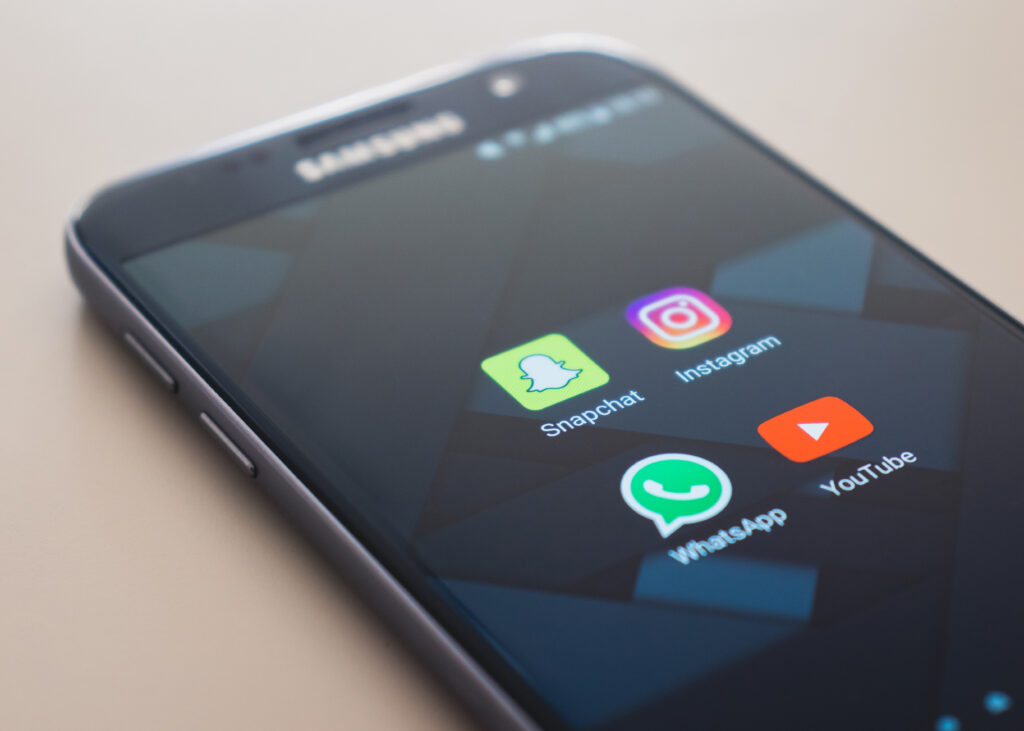
4 best social media marketing channels
Knowing which social media channels will work best for your organization’s purposes is a matter of knowing your customers and being willing to test, learn, iterate, and improve. You have to have a tolerance for failure.
For most businesses, getting started with Meta, Twitter (X), LinkedIn, and Reddit will help determine what a phase two social media activation should look like. These platforms will also help identify which audiences convert best within the digital realm and who else should be within your target set. This will help determine if you should expand to other social media networks like YouTube, Snap and TikTok.
1. Meta: Facebook & Instagram
Facebook and Instagram are indispensable pieces of a brand’s social media strategy. They offer incredible reach and arguably have the most advanced targeting capabilities. Combined they have over 3 billion daily active users (DAU) at every end of the demographic spectrum. Their pixels collect data well beyond their platform’s borders which paint a more complete picture of users than other social media networks.
Brands can leverage a wide range of ad formats across platforms on multiple devices, including carousel ads and immersive stories. AI baked into Meta can optimize ad delivery in dozens of ways, adjusting creative, copy, and placement dependent on hundreds of environmental factors.
Meta also offers detailed analytics tools giving companies valuable insights into ad performance, enabling advertisers to refine strategies for optimal results while shining a light on new and unexpected audiences. It has powerful retargeting capabilities that let brands re-engage users with varying levels of interest, raising the chances of purchase/conversion.
Meta’s robust user base and advanced tools make it one of the most cost-effective social media networks to start advertising on.
2. Twitter (X)
Twitter or X as it is now called, remains an important piece of any paid media strategy. Despite its challenges over the past year, it has retained a unique ability to foster real-time engagement and conversations. Twitter (X) is a direct line to a global audience of 200+ million active users, making it a powerhouse for brand visibility and conversational engagement.
The social media platform offers many evolving advertising options, including promoted tweets and trends, keyword and adjacency targeting, keyword searches, and follower campaigns, enabling organizations to integrate into the flow of feeds and conversations. Interactions are intended to feel authentic, building credibility and trust for brands. Much like Meta, Twitter’s targeting tools help marketers reach the right audience based on interests, behaviors, and demographics.
While Twitter (X) has endured some challenging press during the Elon Musk era, statistically incidents of hate speech have decreased on the platform over the past year, and action against content identified as hate speech has increased. Additionally, the platform has introduced a suite of tools intended to help companies keep their promoted posts away from objectionable content and their brand safe.
3. LinkedIn
LinkedIn is the gold standard for reaching professionals as part of an organic and paid social media strategy. With close to one billion users worldwide, the social media network incentivizes its users to share as much information about their professional lives as possible, which in turn helps marketers (especially B2B marketers) ensure they’re targeting audiences that align with their offerings.
The platform‘s targeting options are tailored to reaching specific job titles, industries, company sizes, locations, and more. Marketers can leverage the platform to ensure content lands directly in front of the decision-makers critical to selling in.
LinkedIn is also a natural forum for brands to share thought leadership and content. Sponsored content, gating, InMail, and feed ads allow brands to position themselves as industry leaders, building trust and credibility while capturing leads in the process.
4. Reddit
Reddit is one of the best ways to target niche communities and to insert your brand into authentic conversations. While its DAU (~50 million) is millions less than many other platforms discussed above, Reddit’s users are deeply engaged in the subject matter they click on and search for, meaning you’re likely targeting lower funnel audiences.
The platform’s subreddits cover an extensive diaspora, from car enthusiasts to card collectors and everything in between. This level of detail is unique even when compared to Meta, and Reddit has built the advertising tools to rise to the occasion.
Campaigns must align with the community’s interests and provide genuine value to thrive here. Contextual targeting can be used for Promoted Posts that sit in line with the organic conversation, allowing for seamless integration into the user experience. These campaigns have seen up to a 25% increase in click-through rates compared to similarly built ads on competitive platforms.
While Reddit may not help a brand scale like other networks might, its accuracy can make it some of the most efficient spend out there.
Getting started with social media marketing channels
Marketers getting started with social need to know their audience, have a tolerance for failure, and be willing to start small to really read into the data. It can be tempting to get your brand on TikTok, Snapchat, YouTube, and Pinterest too. Still, the reality is that without the baseline knowledge that core social media marketing networks give, early failure on extension platforms is highly likely. Additionally, moving at scale requires a robust content creation pipeline that needs a separate yet complementary strategy of its own.
Need help determining which social media channels are best for marketing your business?
What are the best social media channels for your business? Get started on Meta, Twitter (X), LinkedIn, and Reddit and learn who your audience is. Social media networks are in a constant state of change, and The Castle Group understands the test and adjust strategies that can keep organic and paid campaigns running successfully. From auditing legacy accounts to starting out from scratch, Castle can help no matter what your goal is.









